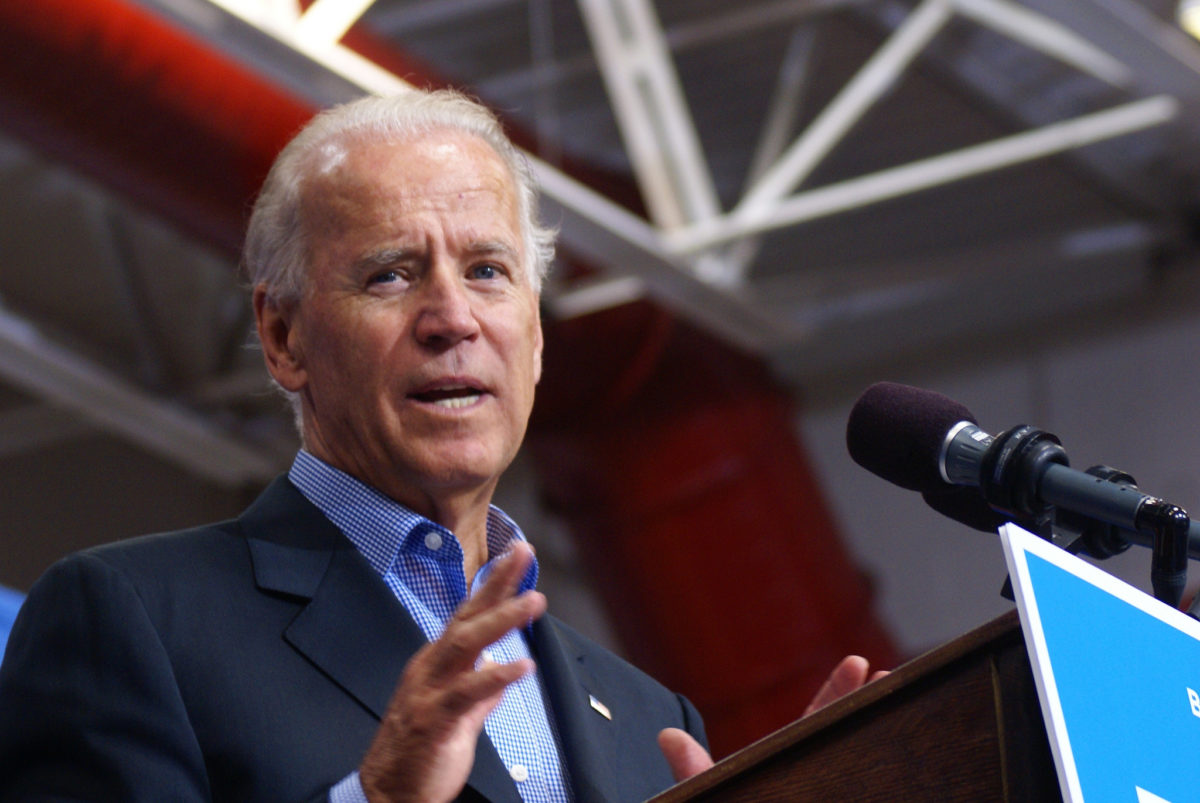After a week of counting, the election results are in: Joe Biden is the projected winner of the presidential race, meaning Donald Trump is expected to exit the White House after one term once the Electoral College votes.
When it comes to the economy, this might mark an endpoint for the presidential election, but the twin realities of the pandemic and the recession remain. So while we may be able to leave vote tallies and red-and-blue maps behind, there are plenty of other 2020 metrics set to come back into view.
Even as Friday’s jobs report from the U.S. Department of Labor indicated unemployment fell slightly to 6.9% in October, COVID-19 cases are on the rise. This is playing out locally, too. Maryland reported its highest single-day total of new cases since May, with an increase of more than 1,500 infections, per WJZ. Meanwhile, the state’s unemployment rate rose to 7.2% in September, the latest data states.
It all points toward a truism we heard last month, that COVID trumps all when it comes to economic questions.
In this context, it’s important just not to look at what will happen after a new president presumably takes office on Jan. 20, but also as the election wraps up and D.C. enters lame duck sessions for Congress and the president.
“The time period between now and Jan. 20 is critical in terms of getting a stimulus package done,” said Dr. Daraius Irani, VP of strategic partnerships and applied research at Towson University.
The current administration and Congress have been unable to come to a deal on a stimulus for months, as negotiators from the Republican-controlled White House who want a “skinny” relief package and Democratic majority in Congress that want broader relief and funds to directly address COVID-19 have been unable to reach a deal. There was an election in the backdrop, and the prospect of a prolonged period of counting and determining a winner. Though Trump’s actions still could be a bit of a wild card, the election being settled could leave an opening for legislation.
In general, this represents a favorable set of circumstances of Maryland's economy.
“At the end of the day when all is said and done it’s a lame duck Congress, and perhaps a lame duck president, but the economy still needs to go on, people need to pay rent,” Irani told Technical.ly. “If it results in inaction by government, this prolonged period would have bad effects on the economy.”
Beyond Jan. 20, it could be a divided government, but the dynamic in which a Democrat controls the White House has the potential for more harmony when compared to recent years, at least on the economic front.
“Generally, the outcome should be positive,” said Anirban Basu, CEO of Sage Policy Group. “Importantly, it’s the combination of election outcomes that matter. If Joe Biden is president and the Republicans hold onto the Senate, there will likely be more centrist policymaking. Tax rates will hardly budge, there will be a stimulus package, although not necessarily much direct financial support to state and local governments, and there will be a considerable amount of federal stimulus poured into infrastructure, which is a priority for members of both major political parties. In general, this represents a favorable set of circumstances of Maryland’s economy.”
Irani pointed out that expanding internet access could be an especially important focus for infrastructure, as the need for connectivity has only become more pronounced in the pandemic for school, work, telemedicine and more. It has exposed a digital divide both in cities like Baltimore, and rural areas.
“For many of the rural areas, regardless of whether they’re red or blue, the challenge of being able to have high-speed internet is going to be a critical factor as we recover from the pandemic,” Irani said.
To be sure, there are unknowns at this point. Irani said there is some concern that Republicans will “get religion” on policing debt and deficits, even though they were less concerned about these issues when their party had power in the White House.
And if Democrats end up taking two U.S. Senate seats up for grabs in Georgia’s pair of January runoffs and taking control of the chamber, that would present a new set of circumstances.
In any case, state and local government relief will continue to be a priority for local leaders in Baltimore and Maryland, which has faced budget crunches due to the economic downturn and spent big dollars on COVID-19 testing and mitigation, Irani said.
And, overall, the presence of large federal government agencies like the Social Security Administration and the Centers for Medicare and Medicaid Services in Woodlawn, as well as the cybersecurity base at Fort Meade, will help to buoy Maryland in the downturn. So the influence is less about who is at the top of the executive branch, and more about the agencies they oversee.
“The federal government is going to be there regardless of whoever is in office, regardless of if there is a split,” Irani said.







